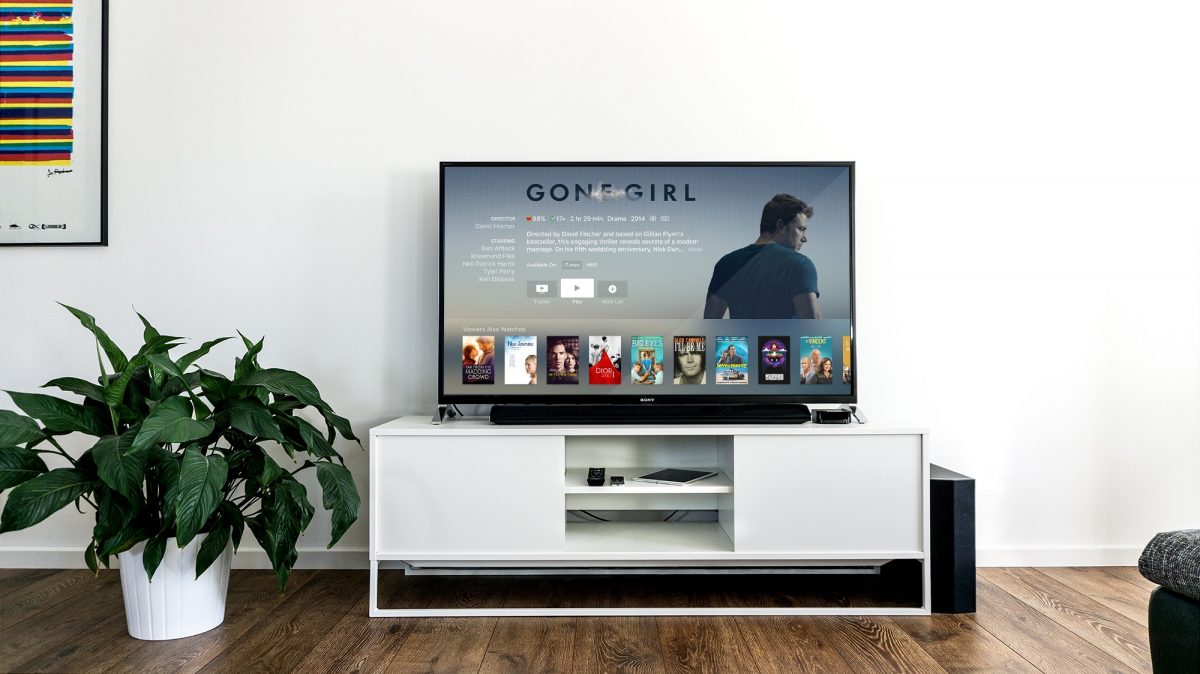4 Reasons Why You Should Be Using a VPN
22/01/2018
If you're like most people, you've probably already used a VPN to see if the grass is greener on American Netflix (fact: it is). If you haven't used one of these handy web tools already, you should definitely consider it.
VPN stands for virtual private network, and has two sole purposes. The first is to encrypt your signal on the internet, making your online activity impossible to decode by anyone trying to access your information. The second is to manipulate your IP address so it looks as though your online activity is coming from a different machine or location to where you are.
Below are just some of the benefits associated with using a VPN.
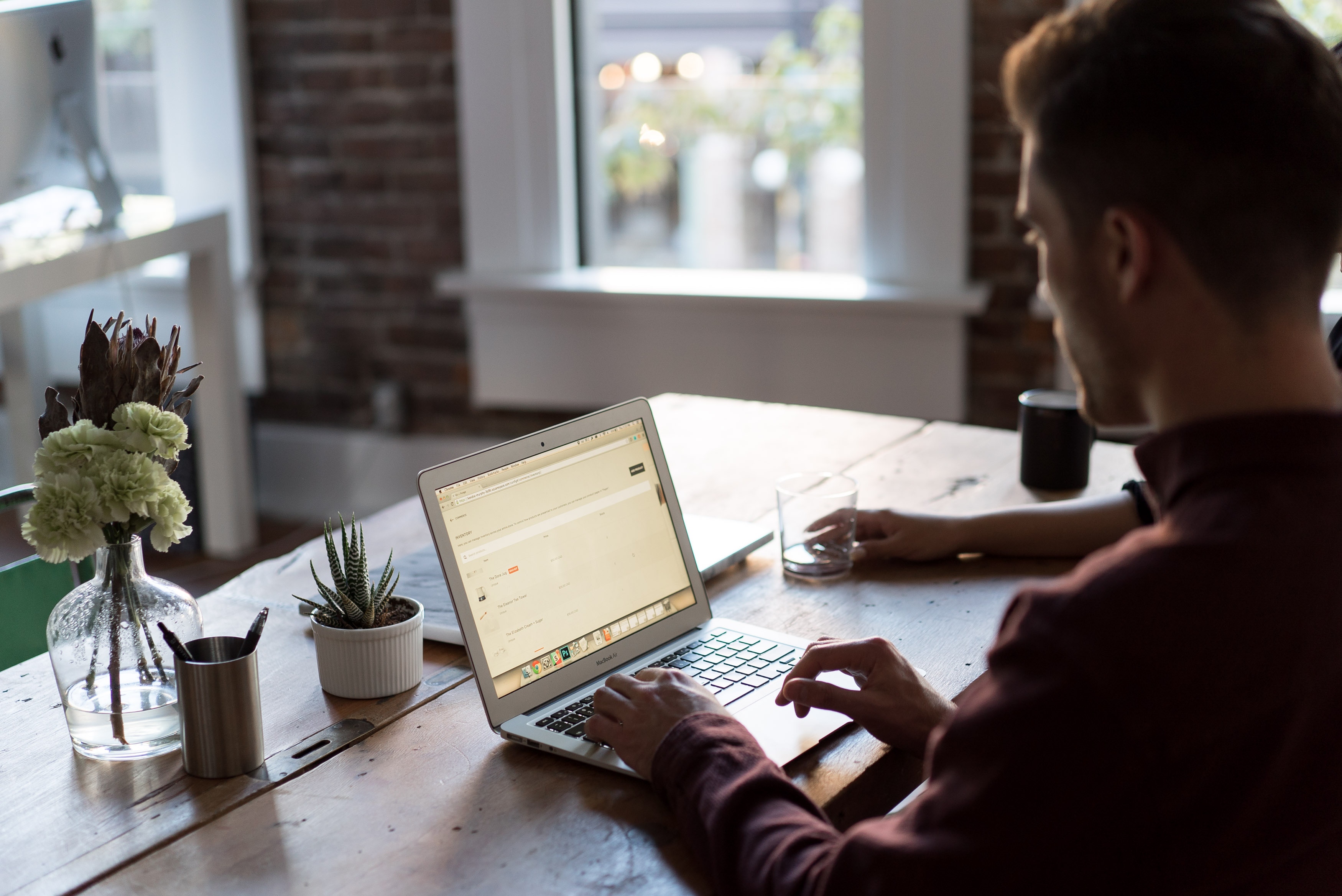
Free Wi-Fi may not be as convenient as you think it is. Logging in to check your emails and do some banking at the cafe poses a great security risk, as public networks offer no encryption security to users. This means that your activity can easily be attained by anyone with an amateur understanding of bypassing basic security protocols.
Logging into a public Wi-Fi network while using a VPN means that all of your data will be encrypted. This is a particularly useful investment to travellers, who often rely on public networks to use the internet.
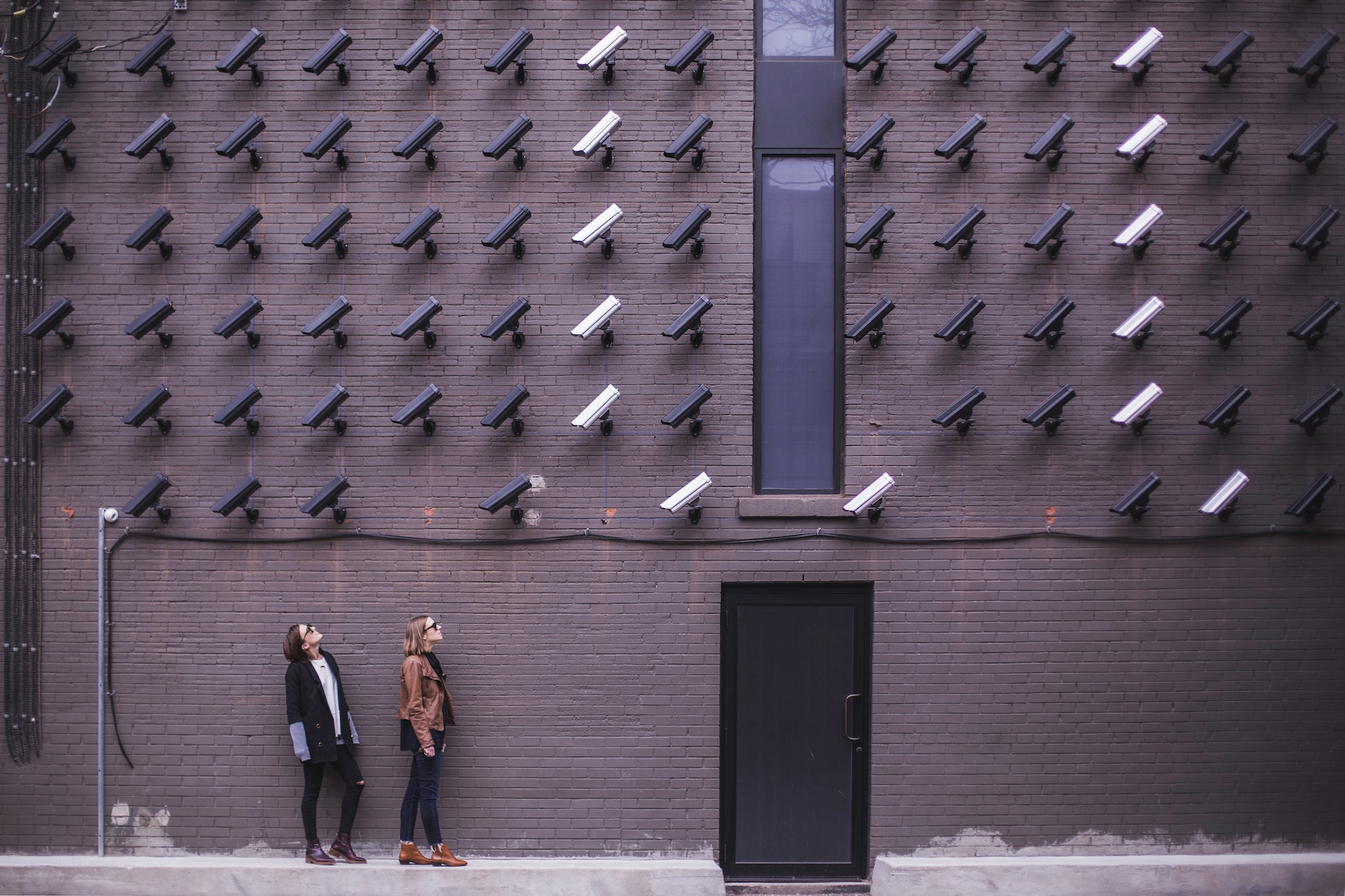
Did you know that search engines catalog every single search you perform? Your searches are linked to your IP address to optimise advertising and future searches on your device. While this may seem useful to some, having this private information stored could lead to some pretty embarrassing outcomes.
A VPN masks your IP address, not allowing search engines to store your search information. It's okay, no one has to know that you've searched for 'kitten sleeping' twenty times in one day.

As mentioned before, a VPN can be used to access content exclusive to other countries. If you set your location to America, you'll be privy to the full versions of a number of sites and subscriptions you're probably not used to. Some of these include Hulu, Pandora, Amazon Instant Video, Crunchyroll, HBO and the like.
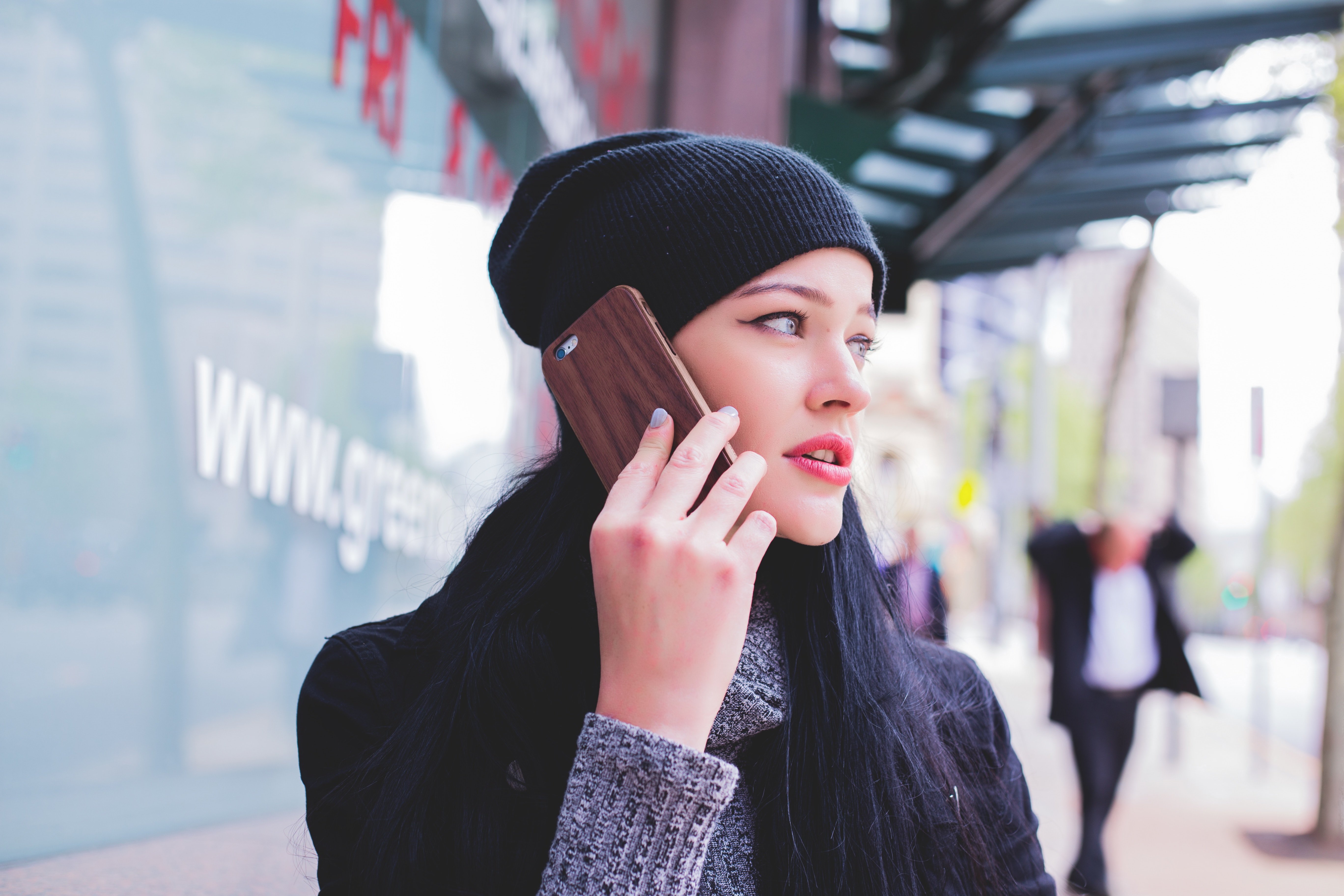
Similar to using a public network, it's very simple for hackers to gain access to your VOIP (voice-over-IP) calls as they happen. This includes services like Skype.
Encrypting your connection with a VPN means that you'll be protected from eavesdroppers who can potentially get their hands on your personal information as you're having a chat to your buddy.
VPN stands for virtual private network, and has two sole purposes. The first is to encrypt your signal on the internet, making your online activity impossible to decode by anyone trying to access your information. The second is to manipulate your IP address so it looks as though your online activity is coming from a different machine or location to where you are.
Below are just some of the benefits associated with using a VPN.
1. Use public networks safely

Free Wi-Fi may not be as convenient as you think it is. Logging in to check your emails and do some banking at the cafe poses a great security risk, as public networks offer no encryption security to users. This means that your activity can easily be attained by anyone with an amateur understanding of bypassing basic security protocols.
Logging into a public Wi-Fi network while using a VPN means that all of your data will be encrypted. This is a particularly useful investment to travellers, who often rely on public networks to use the internet.
2. Secure your information from search engines

Did you know that search engines catalog every single search you perform? Your searches are linked to your IP address to optimise advertising and future searches on your device. While this may seem useful to some, having this private information stored could lead to some pretty embarrassing outcomes.
A VPN masks your IP address, not allowing search engines to store your search information. It's okay, no one has to know that you've searched for 'kitten sleeping' twenty times in one day.
3. Access content exclusive to other countries

As mentioned before, a VPN can be used to access content exclusive to other countries. If you set your location to America, you'll be privy to the full versions of a number of sites and subscriptions you're probably not used to. Some of these include Hulu, Pandora, Amazon Instant Video, Crunchyroll, HBO and the like.
4. Secure your voice calls

Similar to using a public network, it's very simple for hackers to gain access to your VOIP (voice-over-IP) calls as they happen. This includes services like Skype.
Encrypting your connection with a VPN means that you'll be protected from eavesdroppers who can potentially get their hands on your personal information as you're having a chat to your buddy.
